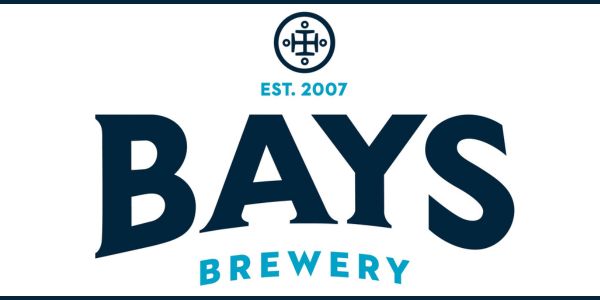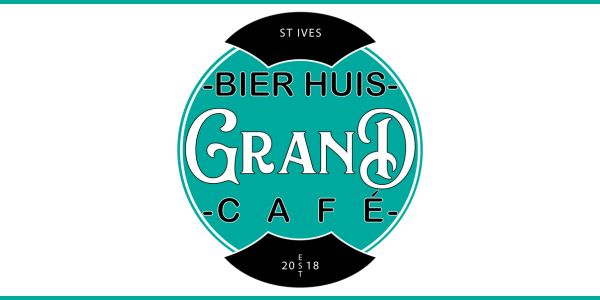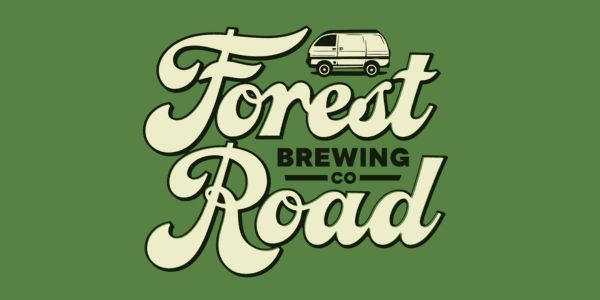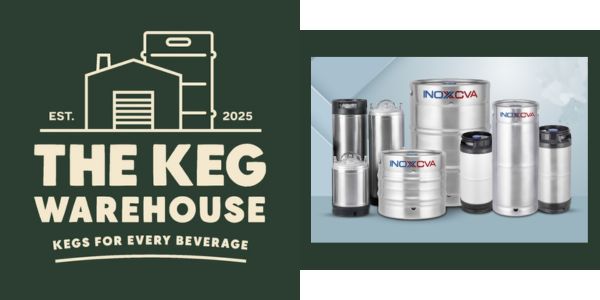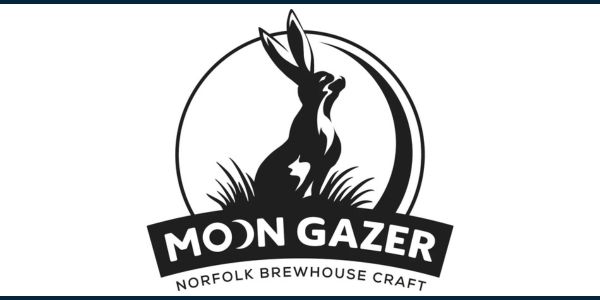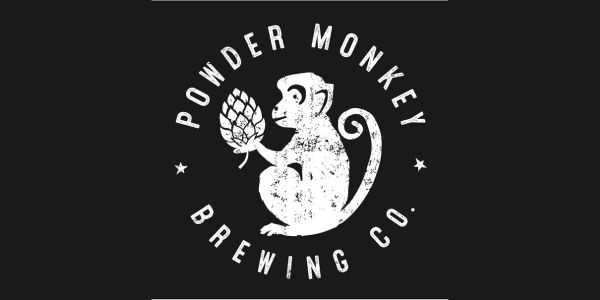“I’m so delighted that our way of doing business isn’t considered weird any more!” says Greg Pilley, founder and managing director of Stroud Brewery, welcoming the start of international BCorp Month on 1st March.

Greg Pilley, founder and managing director of Stroud Brewery
He’s watched attitudes within the business community towards mixing business with social responsibility switch 180 degrees, compared to when he started the brewery in 2006.
During March, the growing global movement of companies that are embedding sustainable and responsible practices within their ethos and using their business as a force for good will be celebrated.
Called B Corporations, there are now more than 6,000 of them around the world and 1,534 in the UK, covering 58 industries and employing over 55,000 people.
Many B Corporations started out in the conventional way but then changed their mindset to consider how their operations, decision-making, and activities can have a positive impact on all stakeholders — customers, workers, communities, shareholders, and the planet.
There’s a rigorous assessment process, and companies have to meet tough criteria before receiving B Corp certification. They also have to apply every three years to renew their certification and be re-assessed. It’s the ethical
business equivalent of the organic certification process.
When Stroud Brewery opened in 2006, Greg Pilley was determined to show how it’s possible for a business to be both successful and environmentally and ethically responsible, even though examples of such companies were extremely rare at that time, especially in the brewing industry.
His determination paid off, and Stroud Brewery is now a successful, award-winning business, serving organic beer, becoming a B Corporation in March 2018.
“When I realised how passionate I was about opening an independent craft brewery and resurrecting Stroud’s brewing heritage, I also realised that I wanted to use it to do positive things for both the planet and my local community,” said Greg.
“It’s hard to think now, but the business world just didn’t consider sustainability as something that related to them, and corporate social responsibility was often no more than giving a cheque to a local charity. Any business person who did care about the natural world and being ethical was considered not serious or an ageing hippy.”
But his personal values, influenced by his time in Africa researching the role of traditional alcoholic drinks in community life, plus working at the Soil Association to set up veg box schemes and other community-based food projects, had convinced him to stay true to his vision.
Now, not only is the number of companies wanting to be more ethical growing, but market research shows that consumers want to use their purchasing power to support businesses that are being genuinely responsible. A survey by YouGov revealed that 58% of respondents in Britain want the companies they use to behave responsibly.
“I’m delighted to see the B Corp movement growing so fast,” said Greg. “In the UK in the past year, the number of companies gaining this certificate has doubled and the whole idea is being taken more seriously in the corporate world.
“It’s nice to have my original belief vindicated, and that running a business in this way isn’t considered weird any more! I think one day all companies will operate as B Corps and we’ll think it strange that we didn’t sooner.”
Stroud Brewery, like all BCorps, is constantly working to find new ways to make the business as sustainable as possible. The B Corporation standards include how well businesses treat their staff and, in October last year, the brewery won the Gloucestershire Inclusive Employer Award from the charity Inclusivity Works. This was in recognition of its work to ensure everyone, whatever their background, is welcome to work there and for providing a high quality supportive work experience.
Details of all the many ways it operates sustainability can be found in its latest B Corporation Impact Report.

